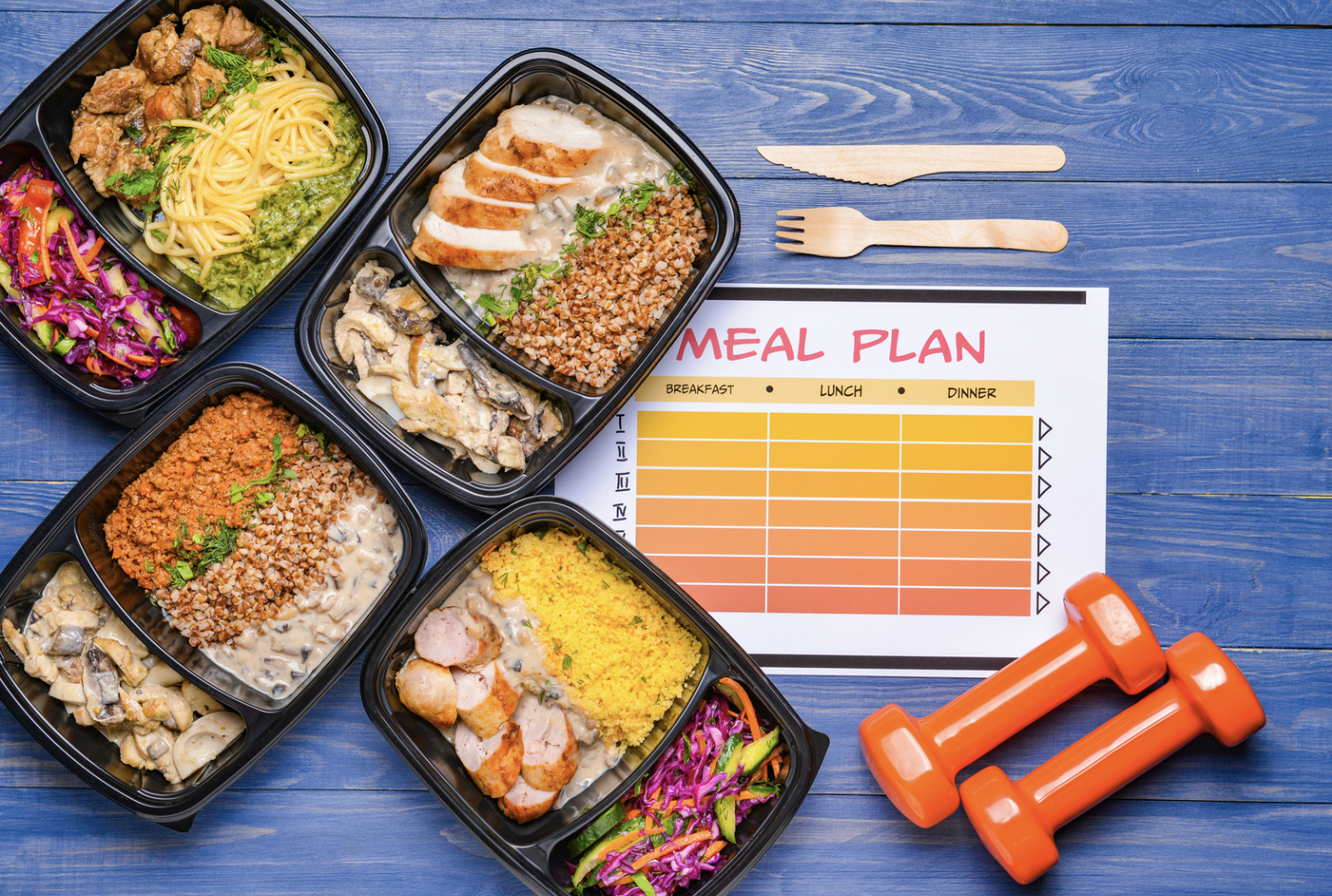This week, we're focusing on two crucial aspects of a healthy lifestyle: family nutrition and meal planning. These topics are at the core of creating a balanced and sustainable approach to eating well as a family. Whether you're aiming to introduce more nutritious meals into your family's diet or looking for practical tips to streamline your meal preparation, we're here to guide you through it all. Let's dive in!
Introduction to Family Nutrition
Nutrition plays a vital role in our overall health and well-being. For families, adopting healthy eating habits can have a lasting impact, not only on physical health but also on mental and emotional well-being. A nutritious diet provides the necessary nutrients to support growth and development, boosts immunity, and reduces the risk of chronic diseases such as obesity, diabetes, and heart disease.
Why Family Nutrition Matters
Eating a nutritious diet as a family is important for several reasons
-
A balanced diet can help prevent and manage chronic diseases, improve immunity, and promote overall well-being.
-
Eating well provides the energy needed for daily activities and helps maintain optimal energy levels throughout the day.
-
Nutrition plays a role in mental health, with certain nutrients supporting brain function and mood regulation.
-
Planning and preparing meals together can be a bonding experience for families, promoting communication and teamwork.
-
As parents, modeling healthy eating habits can positively influence your children's eating behaviors and attitudes towards food.
Building a Balanced Plate
You should aim for a balanced diet that includes a variety of foods from all the food groups. By focusing on nutritious, balanced meals, you can help ensure that your family is getting the nutrients they need to thrive.
-
These are rich in vitamins, minerals, fiber, and antioxidants. Aim to fill half your plate with fruits and vegetables at each meal.
-
Choose whole grains such as brown rice, whole wheat bread, and oatmeal. These are rich in fiber and help maintain steady energy levels.
-
Include a variety of protein sources in your diet, such as lean meats, poultry, fish, eggs, beans, nuts, and seeds. Protein is essential for growth, repair, and immune function.
-
Choose low-fat or fat-free dairy products or dairy alternatives fortified with calcium and vitamin D.
-
Include sources of healthy fats in your diet, such as olive oil, avocados, nuts, and seeds. These fats are important for brain health and hormone production.
Meal Planning Successfully
Meal planning is a powerful tool for enhancing your family's nutrition. Planning your meals ahead of time not only helps you make healthier choices but also saves you time and money. It eliminates the stress of figuring out what to cook each day and ensures that you have all the necessary ingredients on hand. With a bit of planning, you can create delicious and nutritious meals that cater to your family's tastes and dietary needs. Below are some practical tips to help you create balanced, nutrition meals for the whole family.
Set Aside Time: Designate a specific day each week to plan your meals and create a shopping list. This simple habit will keep you organized and prevent last-minute grocery store runs.
Get the Family Involved: Let everyone in the family have a say in meal planning. This can help picky eaters feel more invested in the meals and encourage them to try new foods.
Keep it Simple: Don't feel pressured to create elaborate meals every night. Simple, nutritious meals can be just as satisfying.
Plan for Leftovers: Cooking extra portions can save you time later in the week. Leftovers can be used for lunches or incorporated into another meal.
Be Flexible: Be open to adjusting your meal plan as needed. Life can be unpredictable, so it's important to be adaptable with your planning.
Cleaning Out The Pantry
Cleaning out your pantry is an important step in meal planning. It allows you to take stock of what you have and what you need, and helps you get rid of unhealthy foods that may tempt you or your family members. When cleaning out your pantry, look for:
Foods high in sugar, salt, and unhealthy fats
Processed foods with long ingredient lists
Foods that are past their expiration date




